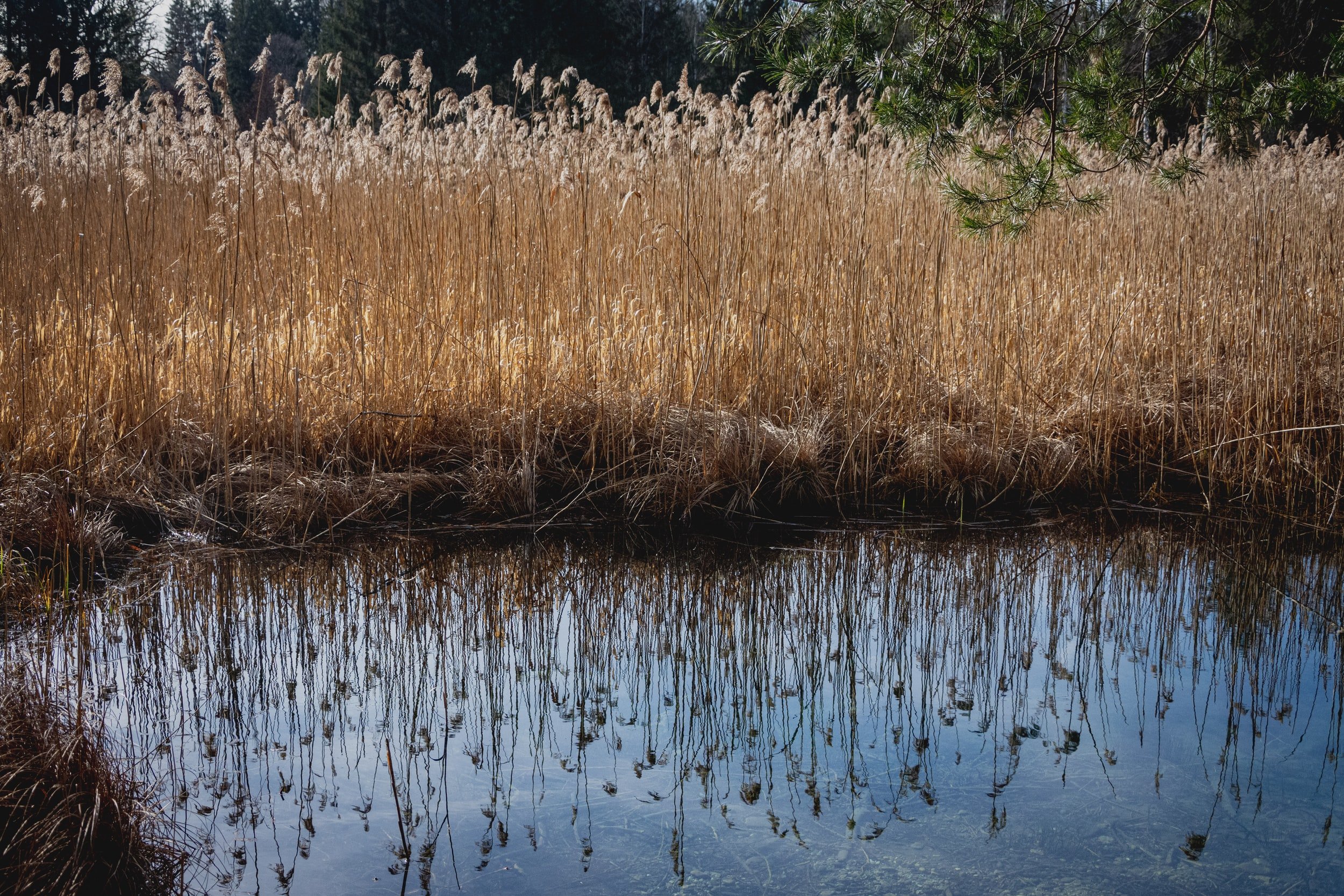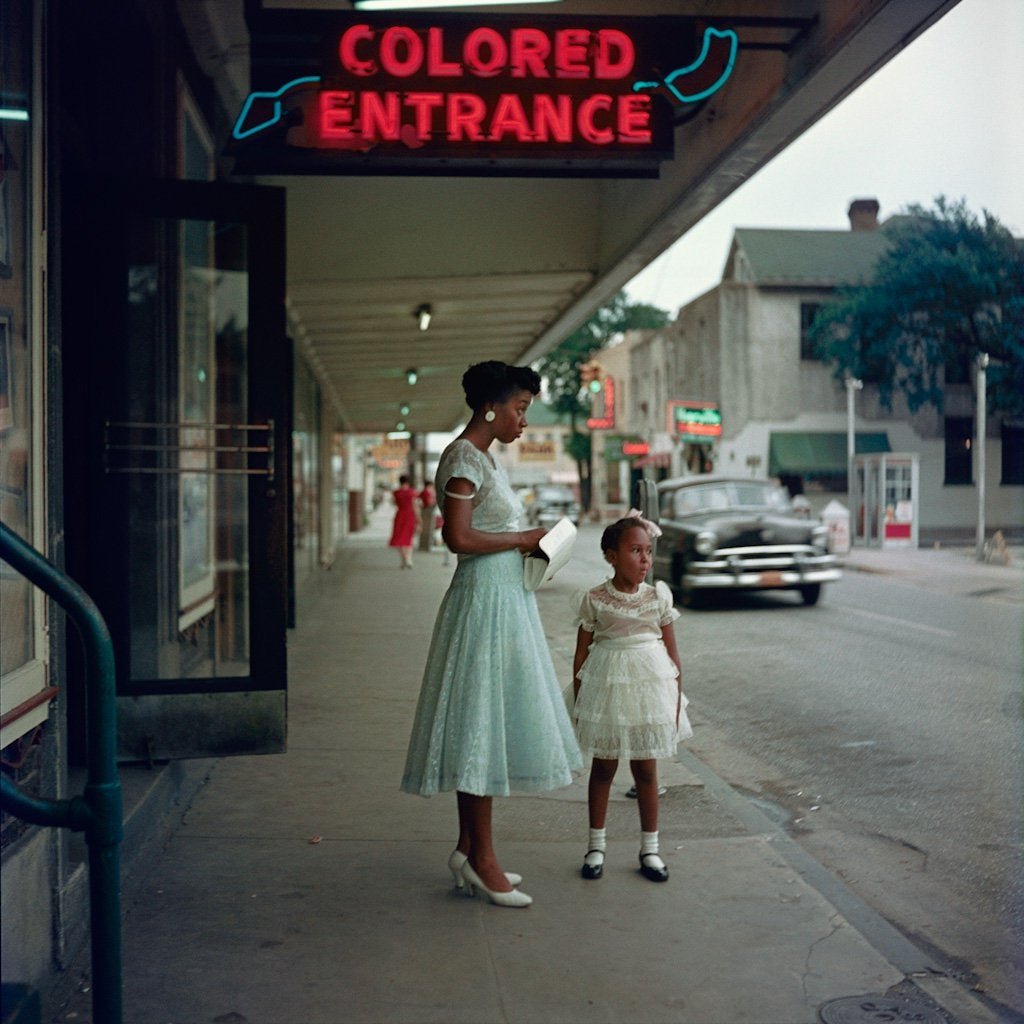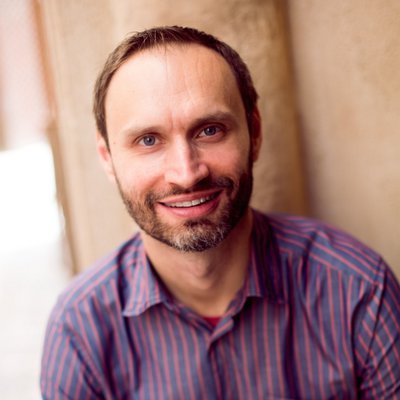Pastors Pursuing Diversity: Interview with Wes Van Fleet
Over the next few months, I will be conducting interviews with pastors who are pursuing diversity in their congregations. You can read more about the series in the introduction.
The questions are geared to help pastors and congregations in the pursuit of diversity in the church and all of life. All of the views, opinions, and suggestions are that of the interviewee. The goal of the series is to provide a resource from a variety of pastors, and therefore opinions may also vary.
(Due to length, please feel free to print interviews for future reading and referencing)
Wes Van Fleet is the Associate Pastor of Kaleo Church in El Cajon, Ca. He has served in various capacities for over 4 years and has been a pastor for a year.
Have you always had a desire for a diverse or multiethnic church?
Not as full of a desire as I do now.
What has fueled this desire?
About 5 years ago I started to have a more diverse view and vision for the church. I was a part of a seeker-sensitive church plant and would bring homeless people to the church. The lead pastor (a well-meaning man) told me to “not bring people who can’t give back.” I remember being so sad and frustrated, wondering if there were actually churches that believed that the Gospel calls people from every tribe, nation, and tongue (Rev. 5:9; 7:9). When I came to Kaleo Church (which had officially launched 4 months prior to my coming), almost half of the congregation was homeless. This was my first physical view/shadow of what the church will look like for all eternity. It was messy, scary, and beautiful!
How have you sought to build diversity within your congregation?
A few different ways. 1) Through the preaching. Our main teaching elder, Tim Cain, preaches the Gospel week in and week out. The Gospel is the good news that Jesus left heaven to rescue a people completely unlike him. Romans 5:6-8 shows God dying for the ungodly, the Strong dying for the weak, The Sinless dying for the sinful. When this is consistently preached, unity in the midst of diversity becomes the DNA of a local church. 2) Through life together. We believe the Gospel forms a family that live life together. We purposely stay away from starting “ministries” that cater to people with preferences. For example, we don’t think having a youth ministry, a college ministry, a senior citizen ministry, etc. furthers unity in the church. 3) Missional living is one that our church is really growing in right now. Nothing will remind you that you were once an outsider than going out to those in your community that are unlike you and welcoming them into your life. I think this is what Jesus had in mind in John 13:34-35 when he says, “ A new commandment I give to you, that you love one another: just as I have loved you, you also are to love one another.”By this all people will know that you are my disciples, if you have love for one another.” It seems we are called to live a life that displays such unity in diversity that non-Christians, in some way, know there is something different about us as God’s people. It should really cause them to ask questions.
Do you have a diverse staff as well?
As of now, we only have two staff members. However, El Cajon is quite a diverse city. In fact, we have 10,000+ middle eastern refugees. One of our prayers for the last couple of years is that God would bring us a middle eastern man that God would convert and help us better reach that community. We would love to have a more diverse staff and are really asking God to do so.
What do you see as the benefit of having a diverse church?
Similar to what I wrote above, I believe it is the biblical call of the church. There is nothing more beautiful in my mind than seeing a local church that is diverse because I really think it’s a glimpse of eternity. I think we miss out on so much when we surround ourselves with people just like us. We have a lot to learn as a church and really try to present a beautiful vision that is not just mixed in race, but socially as well.
Tell us a little bit about yourself. What is your testimony? Did you grow up surrounded by diversity?
I was raised in a non-Christian home. I joined the Army right after the September 11 attacks, and in 2005 I started going to church with a mutual friend. I started to read the Word every day, helped plant a church in 2007, and was half way through Bible college. However, I still was not a believer. I would define who I was then as a moralist, I did good things but truly didn’t treasure Jesus. In 2008, I started going through Romans and The Cross of Christ by John Stott with a friend. The Lord graciously exposed my sin and showed me the beauty of him taking my place on the cross and crediting me with his perfect righteousness. I legitimately became a new creation overnight.
As a kid, though, I did grow up around a ton of diversity. The city I grew up in was an Exodus of sorts for a lot of people moving away from Los Angeles during the height of the gang wars in the early 90’s. Not only did this bring the diversity of L.A. to our city, it also brought a lot of gangs. To be honest, I never knew diversity was not the norm because I grew up in it. It wasn’t until I joined the Army that I really witnessed racism for the first time and it was heart-breaking to me.
Have you had any fears in the pursuit of diversity? Have you struggled with doubt that it is possible?
Yes, absolutely. I think the thing I have feared most is my family being harmed by some of the homeless in our church/city. When you welcome people into your home, things become more real. Although these have been some of the most special meals we have had in our house, it can also expose unhealthy fears of control. I often have the unhealthy “what-if” daydreams; like what if I step away for a call and someone attacks my family. I truly believe these are unhealthy fears and the Scriptures call us to a diverse unity that is costly. Even if it’s only emotionally, diversity is bound to hurt us because we are all sinful. This moves me to run to Jesus who shows how costly it is to love a diverse people by dying on a cross to purchase and unify them.
Do you do anything unique with your service?
I think because we are used to the diversity in our service, I often forget about it. As of now, we don’t plan anything specific but if you were to walk into Kaleo Church I think you will experience this diversity. We have had a lot of visitors leave because the homeless and “marginalized” make them feel unsafe. It’s actually funny at times because we have had drunken homeless people walk right up to the pulpit and need mediation because they were fighting. We have had some people pull out a harmonica and start playing during communion. Diversity has become less of a challenge while keeping order has become the real challenge. There is a brother who comes weekly who is in a full-time care home who answers his phone in the middle of the sermon and will continue to talk to his mom, all while sitting in the front row and using the loudest voice imaginable. Our hope is to one day move toward a more diverse worship service, where we might have middle-eastern worship music and other forms of worship that better welcome the different cultures in our family.
What are the demographics of your congregation (if you happen to know)?
I am not sure of specific percentages but it looks a lot like our city. We have Caucasian, Middle Eastern, German, Indonesian, Persian, Latino, etc.
If you could give any advice to a pastor who desires to pursue diversity within his congregation, what would you say to him?
I would encourage him to take a good look at the Scriptures. If Jesus has knocked down the dividing wall of hostility and brought us near by the blood of the cross (Eph. 2:11-16), than who are we to rebuild walls and try to separate ministries that encourage that? Also, I think the eternal view of diversity that we see in the Scriptures does not appear to be something we ignore until we are with our Lord. Even in our daily reading for our church this morning in Isaiah 49, we see this great picture of God going to the nations. He doesn’t ignore Israel but makes perfectly clear that his people are much more diverse than just Israel. Paul uses this same idea in Acts 13 to make clear that God is taking the Gospel to all kinds of people. The local church ought to be a kingdom outpost where our cities can witness the diversity in heaven, in some sense, here and now.
If you were asked to speak to a congregation who was about to begin a series of initiatives in hopes of building a more diverse congregation what might you say to them?
Same as # 16 mostly. However, I did just preach on Philippians 1:3-11 and I think it’s helpful for a congregation to see that diversity is something that God calls his people to. The background to Philippians is Acts 16, where you have a rich white collar woman (Lydia) and her family, a Roman blue caller, tough guy jailer (and his family), and a demon-possessed, fortune-telling slave-girl as the beginning of the Philippians church. Paul talks about this love he has for them ALL, over and over. Then in Phil. 1:6 and 10 he mentions that Day when Christ returns. I think I would show this same thing to another congregation and emphasize that our God is using a diverse people to help them learn to love more and more until Christ returns. The same unity that will be clear at his return should be growing now among us.
Did you actually do anything differently to pursue diversity? Do you think it is necessary?
Personally, prayer has been my first thing. I know God is able to make our church more diverse. I specifically pray that his invisible Kingdom would become more visible on earth (Matt. 6:10). Other than that, the desire to see a more diverse church causes my eyes to be looking to build relationships with those that are not like me, physically and spiritually.
How do you think that the Great Commission can motivate a pursuit of diversity?
At the core of the Great Commission is this unity among the Father, Son, and Spirit that should motivate us. To see the different persons of the Trinity working in perfect unity is what should motivate diversity. God has given me a strong passion for the enjoyable, yet often hard work of making disciples. When we go out to make disciples, it seems to me that this naturally should cause us to build relationships with others that are not like us because our God has called us to himself when we were enemies. The beginning statement that “all authority in heaven and on earth” has been given to Jesus should free us of having to force diversity. He is the one who has all authority so we can trust him while we proclaim the Gospel and make disciples. Even better is his closing statement: “I am with you always, to the end of the age.” This frees us to not just boldly make disciples but to know that our Savior is with us as we pray for diversity.
I, personally, believe diversity begins in the home. In other words, we are adopted into a new family and that family, the church, is beautifully diverse. We should seek not to have a face change in our churches but to have it in all of life—our lives should include those unlike ourselves. Do you agree? If so, how might you encourage members to build diversity in their homes?
I absolutely agree. Our main teaching elder whom I mentioned above, Tim Cain, has set a high view of adoption in our church. He did a year residency with John Piper and was so encouraged to see a church full of adopted children. My wife, Jenn, and I just had our first child (Olivia) six months ago. We were told we would never have kids and were actually about to start the process of adoption. As of now, the adoption agency we want to go through has us waiting until Olivia is a year old to start the process. The goal in all of this is two-fold for us personally: 1) To reflect this massive view of adoption seen in the Scriptures to a child that has been abandoned. 2) To reflect this same view to our congregation and city.
RELATED CONTENT












Guest post by Isaac Adams
I thank God for folks who speak biblically about race. Whether it’s a black mom teaching her children that they also bear God’s image, or a white sister writing a prophetic blog post—there are many brothers and sisters take up this worthwhile battle…